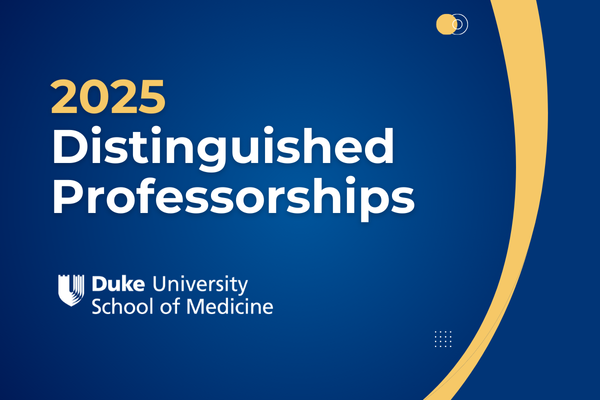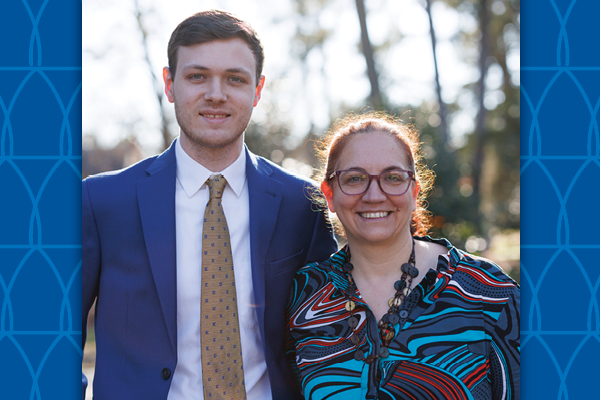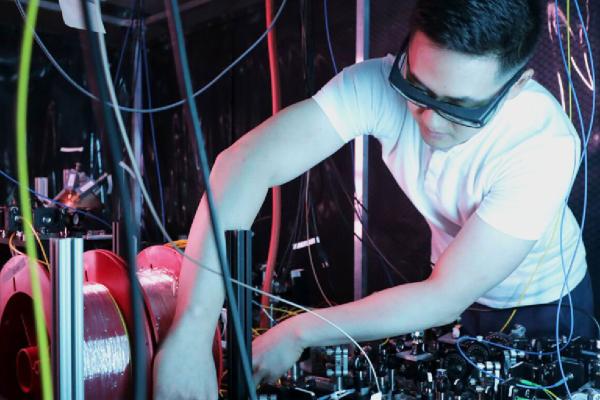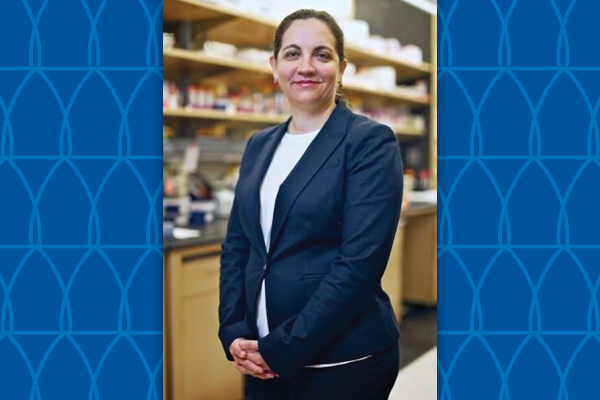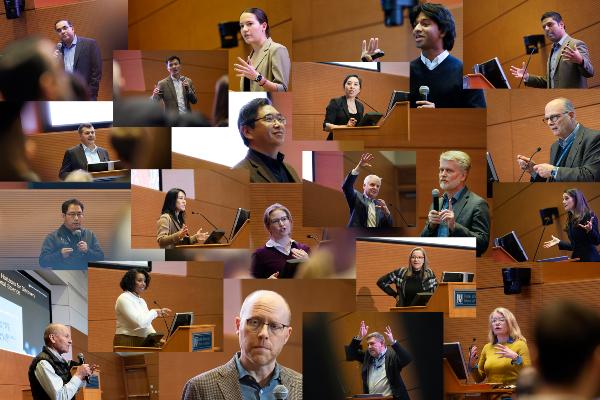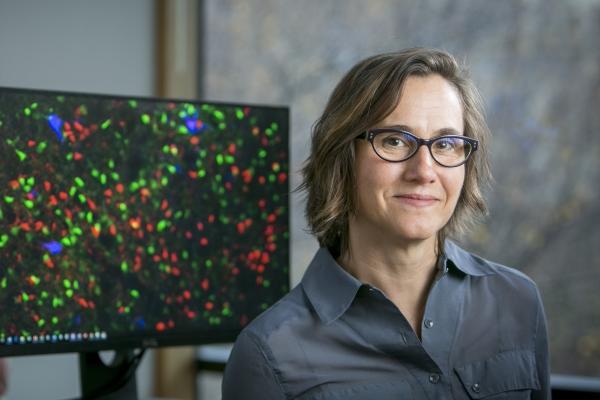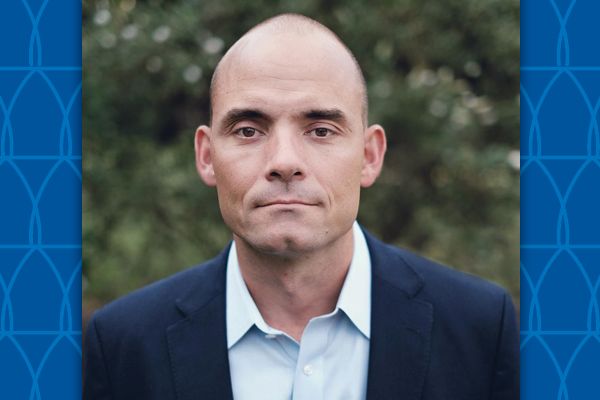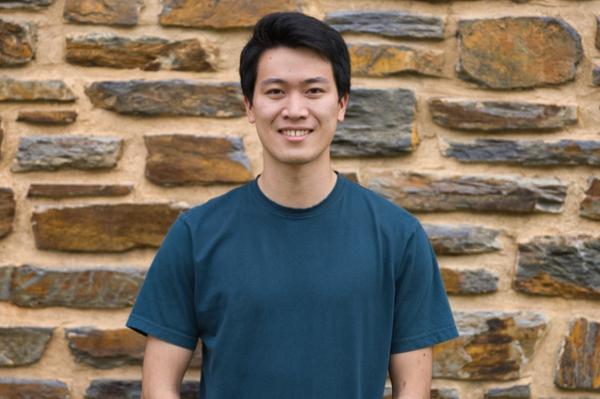Meet Cell Biology's 2025 Distinguished Professors
This spring, five faculty members with appointments in the Duke Department of Cell Biology have been awarded distinguished professorships. The new distinguished professors will be honored at the university’s annual distinguished professorship event on May 14.
Justin Savage Receives the Dean's Award for Research Excellence
The student awardees were selected for their publication record, influence on the research direction of their laboratory, and noteworthy and distinctive contributions to the scientific and academic community.
Women in Duke Health
This exhibit offers a unique historical perspective from women in multiple fields, including cell biology’s Shelia Counce-Nicklas, PhD, and Brigid Hogan, PhD
Explainer: Why Universities Need Support for Research Facilities and Administrative Costs
The National Institutes of Health's proposal to cap reimbursement of facilities and administrative (F&A) costs on research grants at 15% would significantly slow or cease scientific and biomedical research at Duke and other research institutions. Here is an explanation of what F&A costs are and why they are such a critical piece of the research endeavor.
Three Questions with: Cagla Eroglu
Cagla Eroglu, PhD, is the Duke Health Distinguished Professor of Cell Biology and a professor of neurobiology.
Symposium Highlights Cutting-Edge Research
Duke University School of Medicine’s research symposium showcased how discovery science, AI, technology, and translation are driving progress on some of the biggest challenges in biomedical science.
What Comes Next: Neuroscience
Nicole Calakos, MD, PhD, is the Lincoln Financial Group Distinguished Professor of Neurobiology and specializes in synaptic physiology research and Parkinson’s disease and other movement disorders. She highlights the transformative impact of big data, AI, and cell modeling on neuroscience research, emphasizing the potential for advances in regenerative therapies and neural prostheses.
$8 Million Award to Advance Interdisciplinary Ph.D. Training at Duke University
Duke University has received $8 million from the Duke Endowment to support the development of interdisciplinary PhD graduate education collaboratives to prepare doctoral students to tackle the most pressing societal problems of our time. Suzanne Barber, dean of the Graduate School and a professor of cell biology, will help implement the new programs.
Activating Complex Regions of the Genome to Treat Rare Diseases
Biomedical engineers at Duke University have demonstrated a promising new approach that could be used to treat a rare and complex class of genetic diseases caused by defects in a relatively large region of the genome.
Q&A with Daichi Shonai: Uncovering Early Molecular Changes in Parkinson’s Disease
Daichi Shonai, a PhD student at Duke University, hopes to identify early warning signs of Parkinson’s disease by investigating the early molecular changes within the nerve cells that stop functioning in this brain disorder.
